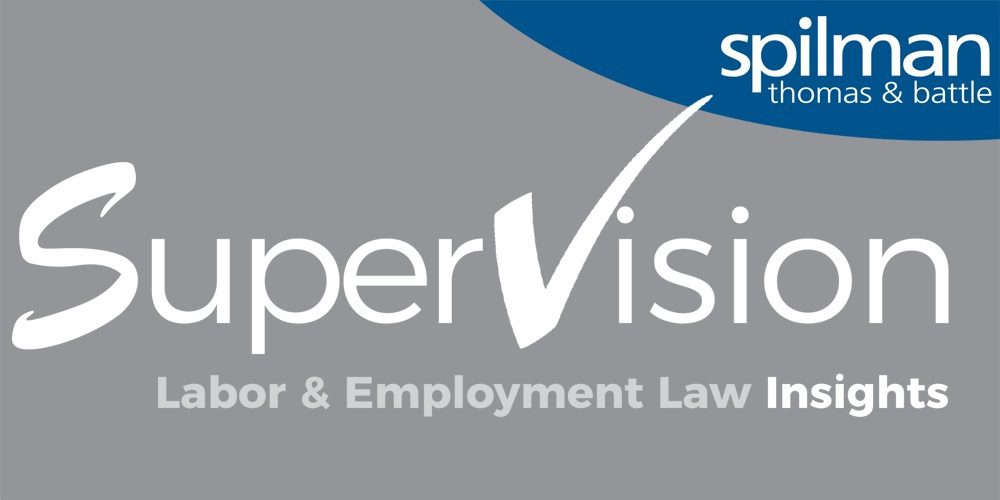Article
Resources
Article
Attacks on Non-Disclosure, Confidentiality, and Non-Compete Agreements in 2023

On several fronts in 2023, we saw federal agencies and entities attacking the scope and enforceability of certain employment agreements, including non-disclosure, confidentiality, and non-compete agreements. Employers need to be aware of these limitations and take them into account with new hires and when dealing with the cessation of employment.
In February 2023, the National Labor Relations Board (“NLRB”) issued its decision in McLaren Macomb, 372 NLRB No. 58 (2023), which addressed the enforceability of confidentiality and non-disparagement provisions in severance agreement for non-supervisory employees holding that employers may not offer a severance agreement that:
- Requires confidentiality about the agreement and prohibits disclosure to any third person.
- Prohibits employees from disclosing “information, knowledge or materials of a confidential nature” of which the employee had from employment.
- Prohibits employees from making statements “to employees or to the general public which could disparage or harm the image” of the employer.
- Otherwise coerces the employees away from participating in a Board investigation, filing an unfair labor charge, or communicating with a union about the agreement.
The McLaren decision does not prohibit employers from seeking a broad release in a severance agreement or from maintaining the amount of the severance payment as confidential.
A few months later in May 2023, the General Counsel for the NLRB opined that non-compete agreements chill an employee’s rights under Section 7 of the National Labor Relations Act. The opinion, which is not law but is worthy of employer attention, found that non-competes might be lawful if they clearly restrict only individuals’ managerial or ownership interests in a competing business, or true independent-contractor relationships. Moreover, narrowly tailored agreements limiting trade secret disclosure may also be lawful. The General Counsel noted that a more traditional non-compete agreement may be lawful in “special circumstances,” but indicated that employers should carefully and narrowly apply this exception. Importantly, it was the General Counsel’s position that retaining employees or providing specialized training would likely never justify an overbroad non-compete.
The Federal Trade Commission also has targeted non-competes, publishing a notice of proposed rulemaking in January 2023 to broadly ban non-competes throughout the country. While no final rule is yet published, and it’s not clear whether one ever will be, this signals increased scrutiny at the federal level of these types of agreement.
Action has not been limited to the federal level. In recent years, states have passed laws banning non-competes in certain circumstances. Virginia, for example, effective with agreements after July 1, 2020, prohibits a non-compete for any “low wage worker,” which is defined as being less than the average weekly wage as determined by Virginia law. In 2023, that figure was $69,836 per year, not an insignificant amount.
Taken together, these decisions signal an increased focus on an employer’s use of restrictive agreements for its employees. Employers need to assess their onboarding policies and documentation to ensure they have narrowly tailored their agreement to properly protect employer interests within the scope of restrictions imposed by the NLRB, FTC, state law, and others. Using form-based agreement are unlikely to pass muster. Spilman can assist you in understanding these decisions or in revising your employment documents.


